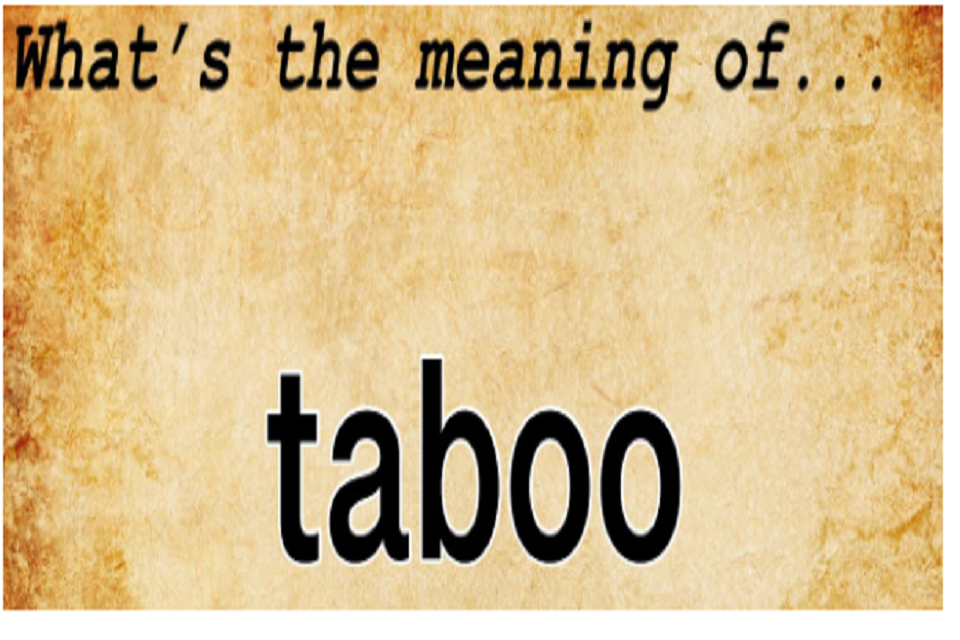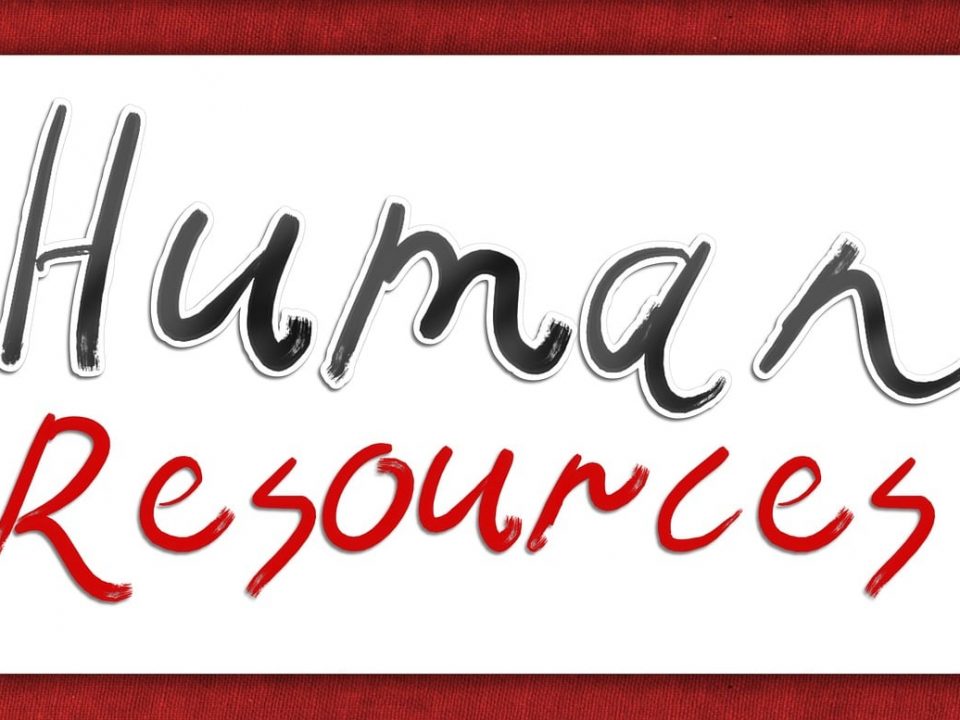Comprehending taboo and the usage of taboo words

Question: What is taboo in language and communication? State the emergence of taboo due to socio-cultural factors and the impact of taboo words. What are the kinds of taboo words? State the context of using taboo words. Explain taboo language from the socio-linguistic perspective. Discuss the usage of taboo words in media communications, language policing, and language evolution.
Taboo is a creation of socio-cultural phenomenon.Socio-cultural rules and regulations have created all taboos, whether an action or a spoken word. It is a restriction imposed to abide by the norms and practices of a specific culture, society, or community.
The fact that something is considered taboo is not a new ideology.Customs, behaviors, actions, and a few words have been categorized as taboo since ancient times. During those times, something was considered taboo due to a lack of ideas, superstition, unsophistication, unscientific, and coincidence thinking of the people.Gradually, the concept of taboo and taboo words expanded to various social and cultural affairs and became a part of the practice or expression of anything regarded as harmful, rude, or offensive.
The truth is anything can be considered taboo if it is restricted by an authoritative entity with the power to implement them.
Taboo in the context of language and communication
In language and communication, taboo relates to restrictions and the unsuitability of utilizing some words in particular contexts.Context is significant to understand the application of taboos, particularly in language and communication, due to their different responses when used under different circumstances.
Communication in human society is made via language. The cognitive neuroscience of speech and language turns on particular brain areas that process signals, understand the meaning, give rise to signals, thoughts, ideas, and emotions, and assist in expressing such emotions and thoughts.
Unsurprisingly, institutions with power look for different ways to obtain control over all channels concerned with spoken or written language. In addition, nothing is surprising why taboo words produce various such responses covering different circumstances and perspectives.
Emergence of taboo due to socio-cultural factors and the impact of taboo words
The origin of taboo dates back to ancient cultures and societies.A few general socio-cultural factors foster the genesis of taboos in ancient times, such as coincidences, superstitions, and the imposition of authority by levying restrictions and subjective biases.
Several social taboos have been continuing in societies for ages, and a few of them is a casual conversations between men and women, taboos related to sex and sexual organs, excrements, excreting organs, uncleanliness, diseases, death, customary and religious, etc. One of the customary and religious taboos is not authorizing menstruating women at holy places.
The terms used to indicate taboos, actions, and practices have come to be related to the same type of hatred, crime, and sensitivity as the actions themselves. In fact, these taboo words are regarded as derogatory and inappropriate in a few situations.However, it must be noted that the context, the nature of communication, circumstances, and the people involved are vital factors that ascertain the effect of taboo words.
• Usage of taboo words like racial slurs and profanities in an academic or professional circumstance can lead to disgrace or the initiation of disciplinary proceedings.
• When spoken casually, taboo words can be a means to create humor. They can also bring out negative responses when spoken out of context or hurt someone.
• When spoken in a religious context, taboo words can be lethal among religiouspreachers.When taboo words communicate pessimistic emotions like loathing, hatred, criticism, etc., it may result in defensive actions.
Different taboo words demonstrate distinct meanings and communicate emotions and thoughts in different contexts.
Kinds of taboo words
Different communities consider various words taboo, but such supposition relies on the community’s prevailing norms, practices, and cultures.Norms and perceptions have a huge role in dividing taboo words into different categories depending upon their inappropriateness and offense level.
A student thesis written by Zhou Ningjuein 2010, titled as ‘Taboo Language on the Internet: An Analysis of Gender Differences in Using Taboo Language’ has pointed out five types of taboo words and they are:
- Profanity
- Obscenity
- Cursing
- Sexual harassment
- Epithets
Analyzing the kinds of taboo words in different contexts
Profanity: It is particularly concerned with the motive of sacrilege and disrespect.There are certain religious profanities like Jesus fucking Christ, goddamn, holy fuck, holy shit, etc., which are commonly used taboo words and are regarded derogatory as they are related to sacred concepts.Such profanities are related to shock, amazement, and disbelief concerning an event or an incident that produces such feelings and thoughts.
Curse:It concerns using offensive words and taboo language to demonstrate anger, frustration, disrespect, hatred, disregard, and other negative emotions.Cursing may occur to a person, object, event, or entity. A few of the usual examples of this category of taboo words are damn, die, eat shit, fuck, shit, crap, etc.
Obscenity:It concerns colloquial terms and expletives related to sexual organs and excretion functions. Some words are cocksuckers, motherfucker, cunt, tits, pussy, dickhead, etc. They depict negative, impulsive, and strong emotions. But when used in a comic context or not intended to offend anyone, these taboo words appear funny and may communicate confidence and assertion.
Sexual harassment:It concerns verbal remarks, which can lead to verbal sexual harassment. Words and language which indicate unwarranted, demeaning, inappropriate, and offensive sexual remarks fall into this category. The remarks can be in the form of dirty jokes, sexual behavior, or on the appearance of a person. A few of the usual taboo words falling into this category are kiss my ass, dumb ass woman, fuck me, fuck you up, etc.
Epithets: It is different forms of slurs. They are insensitive terms used to make fun of a person, their features, or their characteristics. It can be racial, ethnic, sexual, or gender specific and may also be related to a person’s appearance, disability, etc.These taboo words are a form of negative emotions and outbursts of frustration, such as bitch, white trash, nigger, faggot, whore, wop, etc.
Taboo language from the socio-linguistic perspective
The objective of taboo languages is constantly changing over the years. With the increase of scientific investigations and explorations, the prominence of superstitions hasreduced, and so has their connection with taboo words.
Currently, taboo words act as loud expressions of offense, and negative and strong emotions when used in the correct context or as a way to express humor.
• Emotions such as frustration, anger, disgust, and disappointment are certain feelings that can be linked with taboo words concerning bodily excretions.
• Diseases and death are undesirable, but they are an inevitable part of human life. There are many taboo words and phrases linked with these events.
• Swearing and cursing comprise major usage of phrases linked with excretion functions, sexual organs, epithets, and profanity.
• The use and effect of taboo words differ across different age groups and social groups.
• Using taboo words for children or their presence is considered destructive and highly offensive.
Obscenity and profanity are common among uneducated and lower-class people. The main reason is the lack of education and being benumbed to politeness, social morality, and appropriateness. In contrast, taboo phrases despise rich, educated, and sophisticated people. However, they still use them when they are high on emotions, and the limitations of social norms are detached.
Things change severely when taboo words surface in adult conversations. Although it is regarded as inappropriate in professional circumstances, their effect relies majorly on the context of the conversation, the motive of the usage, and the attributes of the parties involved.
It is a fact that humans are naturally captivated by the restricted and forbidden nature of taboo words. Unknowingly taboo language has become inherent in our society and culture despite its inappropriateness and impoliteness.
Taboo words in media communications and culture
Taboo is a widely controversial topic amidst all media channels.Literature and cinema are full of such cases where the writers, directors, producers, publishers, and actors made disasters by giving way to taboo subjects.
There is strict censorship of taboo words in books, cinema, and other media.In such instances, taboo words and languages were tools for taking out bitter emotions and demonstrating controversial and unpleasant topics.
There are certain books and cinemas known for their usage of taboo languages, like Lady Chatterley’s Lover by D.H. Lawrence, Lolita by Vladimir Nabokov, The Catcher in the Rye by J.D. Salinger, Reservoir Dogs by Quentin Tarantino, Scarface by Brian De Palma, The Wolf of Wall Street by Martin Scorsese, etc.
There are different reasons behind the usage of taboo language in the books mentioned earlier and in cinemas. For instance, the book Lady Chatterley’s Loverdeals with topics regarded as taboo and inappropriate when published. However, books and cinema of present times use taboo phrases to replicate daily informal conversations and as facts against oppression, censorship, and fascism.
Some media channels use taboo language to draw human attention to certain subjects and stir their emotions about unwanted events and unpleasant subjects around them. It helps erase ignorance, makes people think about it, and raises awareness.
Usage of taboo words in language policing
The idea of free speech is confused when looking at the usage of taboo words and phrases. The confusion generates from the fundamental variance in almost all aspects of society and human beings.Consequently, societies have censorship mechanisms for monitoring and auditing that go beyond a specific line. Crossing the line is taboo, whether through language, action, or content.
Language policing is not limited to stopping individuals from crossing a line or suffering humiliation from a taboo in any form, and it is more than that.
Profanity is regarded as blasphemy and sacrilege from a theological point of view.
Censorship institutions have the power and claim to protect and preserve dignity and social decency within society by limiting the usage of taboo language in all forms of media.
Profanities, curses, and blasphemy are disrespectful in the profession and academics. Strict language policing is justified in these areas to maintain an amount of politeness, decency, morality, and ethics.
Religious bigotry and beliefs are crucial operators of censorship and language policing.Certain countries impose strict restrictions on the usage of taboo phrases that are utterly oppressive, and they are Iran, Bangladesh, Turkmenistan, Afghanistan, North Korea, Indonesia, etc.
But in upholding moral decency and social order, many religious institutions and government bodies misuse their power and deploy excessive control over the people by overburdening them with restrictions.
There is a thin line between maintaining social responsibility and infringing on the freedom to express.We have seen over-restriction in the name of language policing many a time in countries like Sudan, Saudi Arabia, Turkmenistan, Iran, and Afghanistan.
Language evolution and taboo words
The harshness and shock related to taboo words, against their high usage in different contexts, have unintentionally led to an evolution in the nature and portrayal of offensive languages.
Taboo terms are being replaced by euphemisms, a new way to say something offensive. Profanities and religious outbursts are avoided by using new terms like gosh almighty, gosh darn, gee, etc. Obscenity related to taboo words such as pussy and cunt has led to using words like fanny, jewels, pudding, pecker, etc.
These euphemistic words are considered a natural evolution to derogatory or rude terms.They balance the unpleasantness and inappropriateness and help maintain the people’s dignity, decency, and privacy.
The taboo words are now being used in global cinema, electronic games, and adult novels.Intention and circumstance are major factors that decide the type of offence behind the usage of a taboo term.
Last thoughts
Though taboo, taboo words have continued and developed throughout the ages.Their taboo characteristic makes them fascinating and tempting. Taboo terms are emotional vents for people without considering their backgrounds, and when utilized in the correct circumstance, they can even result in humor.
The context, setting, and motive have become crucial factors than the ideas or topics presented by the taboo language.Not every taboo wordbrings out the same reaction and makes listeners act differently according to their usage. If you want to use taboo words in a conversation, then you need to add them smartly without hurting the sentiments of anybody and without having any other intention.
Total Assignment Help
Incase, you are looking for an opportunity to work from home and earn big money. TotalAssignmenthelp Affiliate program is the best choice for you.
Do visit :https://www.totalassignment.com/affiliate-program for more details
Total Assignment help is an assignment help Online service available in 9 countries. Our local operations span across Australia, US, UK, South east Asia and the Middle East. With extensive experience in academic writing, Total assignment help has a strong track record delivering quality writing at a nominal price that meet the unique needs of students in our local markets.
We have specialized network of highly trained writers, who can provide best possible assignment help solution for all your needs. Next time you are looking for assignment help, make sure to give us a try.
Looking for Assignment Help from Top Experts ?
Get the best Assignment Help from leading experts from the field of academics with assured onetime, 100% plagiarism free and top Quality delivery.


